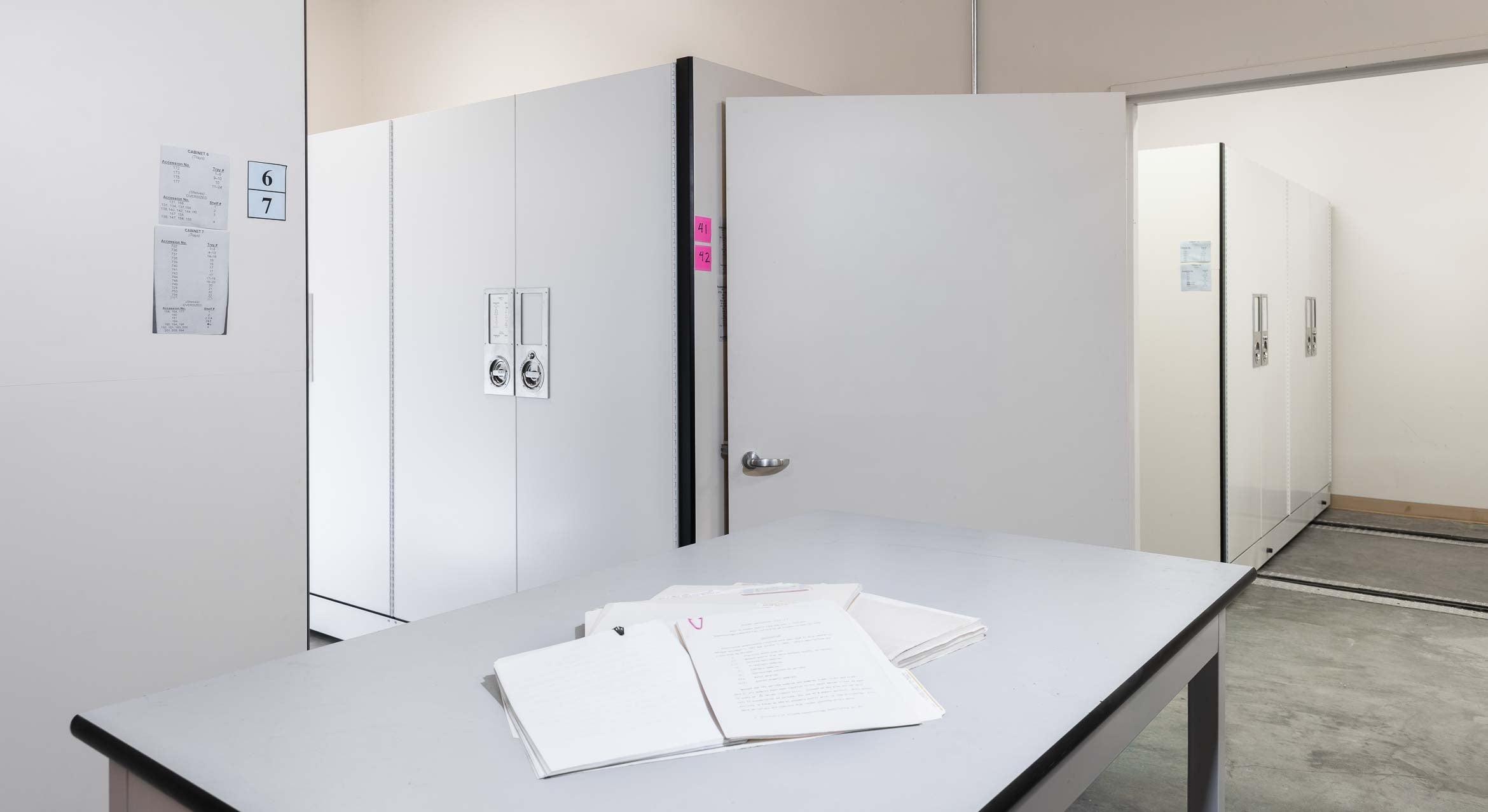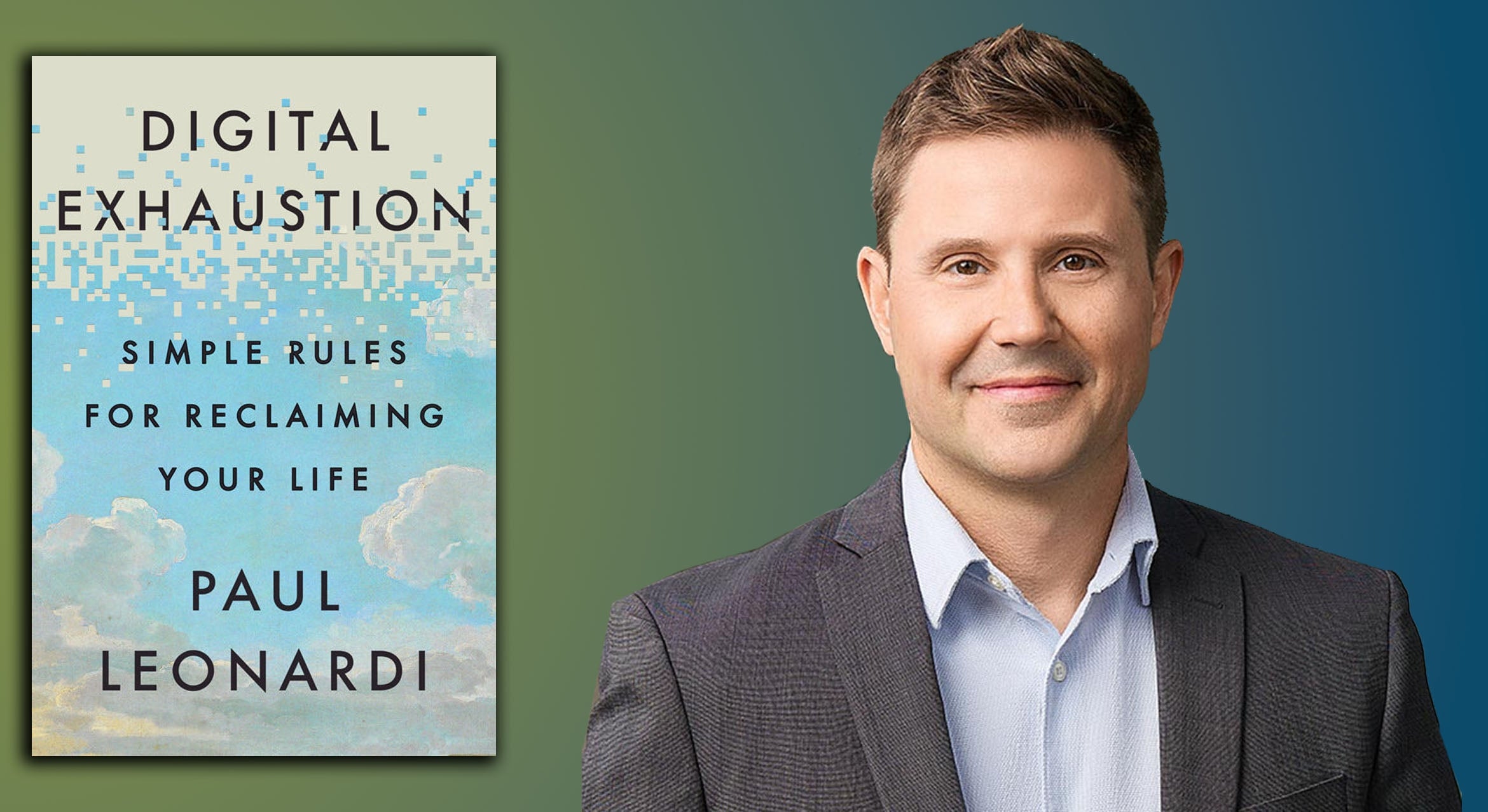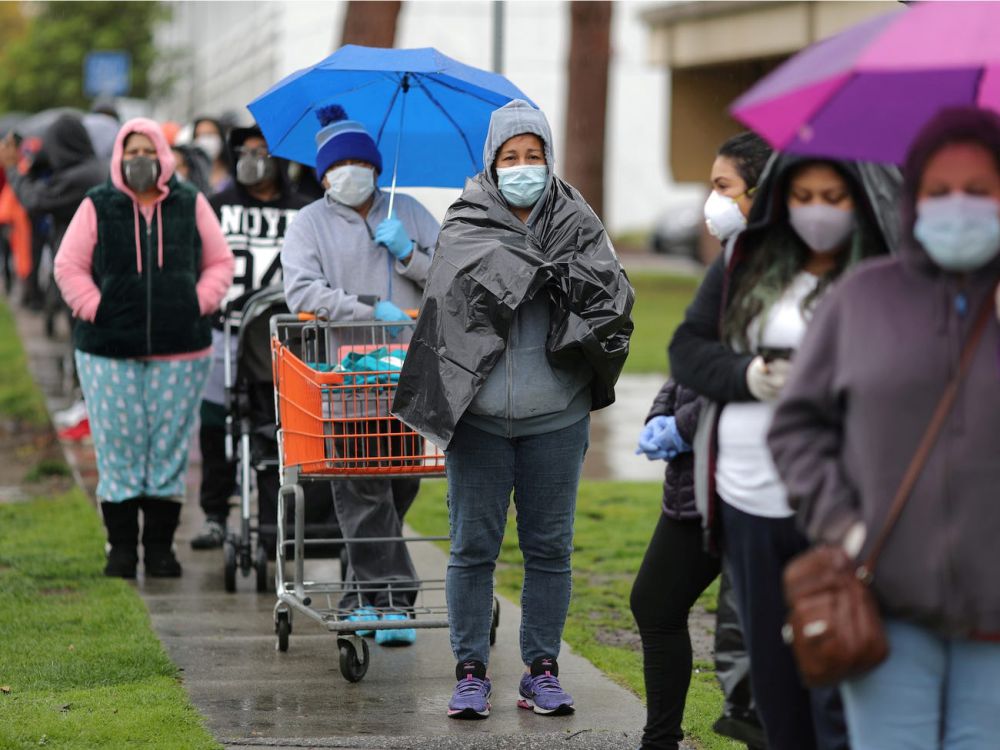
Health Check
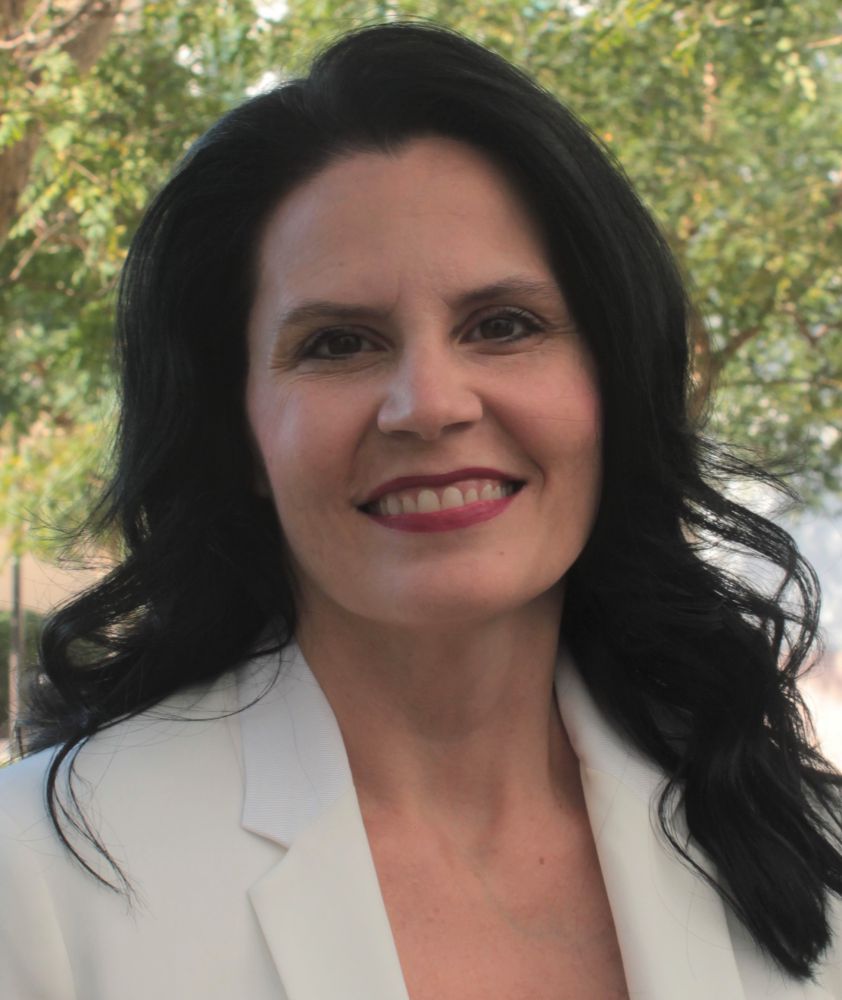
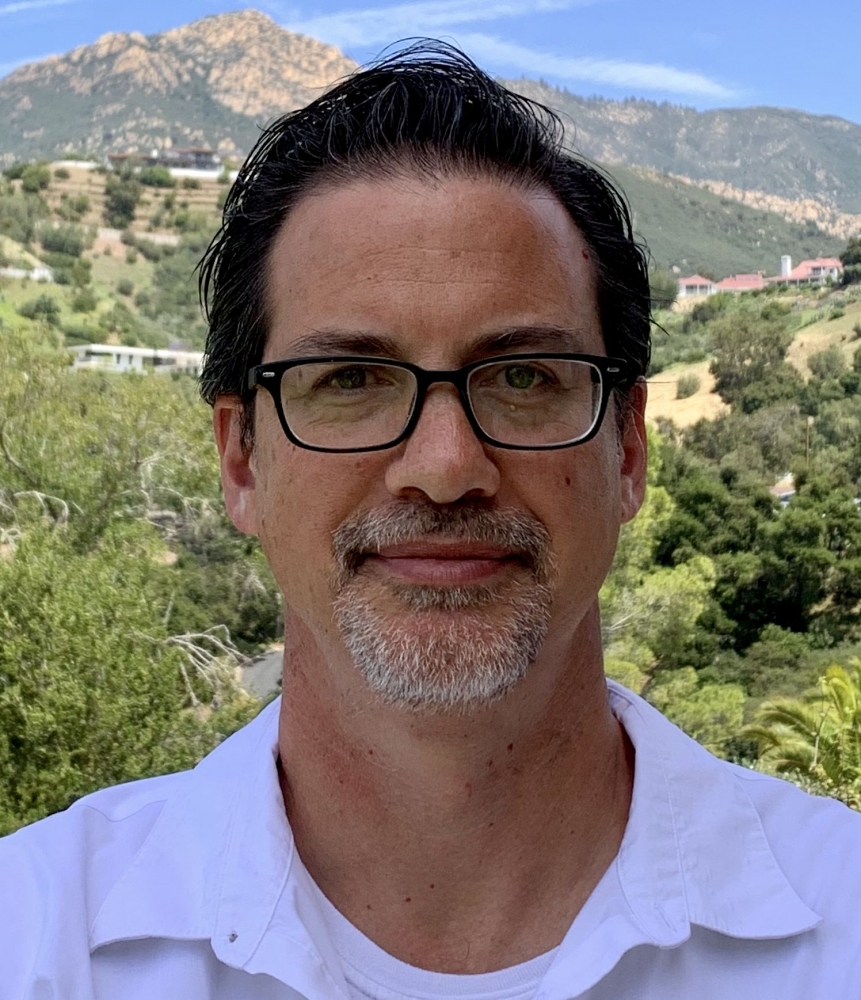
It’s no secret the COVID-19 pandemic and shelter-in-place orders are taking a toll on America’s economy. But what about its people? How are they getting on amid the crisis? Walid Afifi and Tamara Afifi, both professors in the Department of Communication at UC Santa Barbara, decided to find out.
The scholars commissioned a national survey, followed over four time points, through the firm Qualtrics to assess the well-being of a representative selection of Americans across a 3-month period of this pandemic. The first wave of surveys from 3,600 people was just completed and showed increases in uncertainty, stress and depression across all income levels, Walid Afifi said.
What was most striking in the data, he said, was that the poorest — those making $20,000 a year or less — are faring much worse than middle- and high-income Americans.
“Depression is dramatically higher among the low-income groups,” Afifi said. “19% of the poverty groups would be diagnosable as having clinical depression based on the scores, whereas only 4% of the high-income group would be, so nearly five times that of the highest income group.”
Walid Afifi studies the effects of uncertainty — a lack of information that can lead to stress, anxiety, depression, anger issues and more — and the way people cope with it. Tamara Afifi studies communication patterns that foster resilience and thriving in families and other interpersonal relationships. That puts the pandemic squarely in their wheelhouse. Their surveys will provide snapshots of America in real time.
It’s an ambitious project, one that’s already revealing how “the structural inequalities” of the country, Walid Afifi noted, are magnifying the difficulties faced during this crisis by people living on the margins.
“Even though it’s affecting everyone,” he said, “the data are suggesting that it’s really hitting the low-income groups, who started this pandemic off already in dire circumstances, the hardest.”
Another important finding is the strong association between uncertainty and a range of negative mental health outcomes — stress, psychological distress and anger dysregulation (an inability to control one’s anger).
“As far as we know,” Walid Afifi said, “this is the first systematic study of uncertainty during this pandemic, and it is alarming how much it seems to be negatively impacting our daily lives, and cuts across all income levels.”
Confidence in Leadership
In addition to assessing mental health status, the survey asked respondents how much confidence they had in our leaders to steer the country through the pandemic. Approximately 30% said they had “a lot” or “full” confidence in the president, while 43% have “almost no confidence” or “no confidence.”
Asked the same question about their governor, 63% said they had confidence in him or her, while 13% said they had little or no confidence.
“Our data show that a lack of confidence in our leaders is associated with greater uncertainty, increased depression, decreased mental health, more worries, more anger dysregulation,” Walid Afifi said. “It suggests that increased confidence in our leadership would have tangible benefits to people’s well-being.”
Some Good News
There were hopeful findings as well. For starters, the results showed that the negative effects of uncertainty can be reduced by regaining a sense of control over life events.
“People in the study reported taking several steps to try to infuse some certainty back into their lives, including scheduling walks, calls with friends, game nights, among other things,” Walid Afifi said. “That seems to help.”
The study also showed the benefits of a supportive partner.
“Married couples who are feeling like they are a team, like they’re doing things together, like they can get through this together, had significant advantages over couples who didn’t feel that way,” Tamara Afifi said.
Strategies for Couples
How do couples build a resilient relationship? Tamara Afifi has some tips. First, there are no quick fixes.
“It’s not like you can just start investing in your relationship in 30 minutes and expect to have a result,” she said.
The little gestures — saying kind things, being affectionate, showing appreciation or gratitude, taking a regular walk together — make a difference, but they take time. The payoff, however, is significant.
“Relationship maintenance serves as a kind of a stress preventer and a stress buffer,” Tamara Afifi said. “And over time they build up and produce emotional reserves, almost like a savings account you can draw from in times of stress. So when something happens, like a pandemic, people can weather that storm a little bit better if they have those positive experiences built up. We’re finding that in this study, too.”
It also helps to have common foes, she said. Consider the Great Recession: Her research then showed that couples who were more likely to blame the government or the banks were less likely to blame their partner for their financial stress.
“So when you’ve been maintaining your relationship,” Tamara Afifi said, “you’re much more likely to give your partner the benefit of the doubt and see them in a positive light and blame other things for what’s happening. This keeps the family unit strong, and it creates what we call communal orientation, where people feel unified against their stress. It’s like that slogan everybody keeps using: We’re in this together. That’s communal orientation. We feel like we’re a team; it’s us against this virus.” Acting upon that unified feeling by problem solving is called communal coping, which can further build collective resolve against stressful events like COVID-19.
The Next Steps
Three more waves of data will be forthcoming in the next two months.
“We should get a pretty clear picture into how marriages and the people within them are doing as the pandemic shifts through phases,” Walid Afifi said. “We plan to work with both scholars and community leaders to see how we can translate what we learn to better outcomes during the next crisis of uncertainty.”

